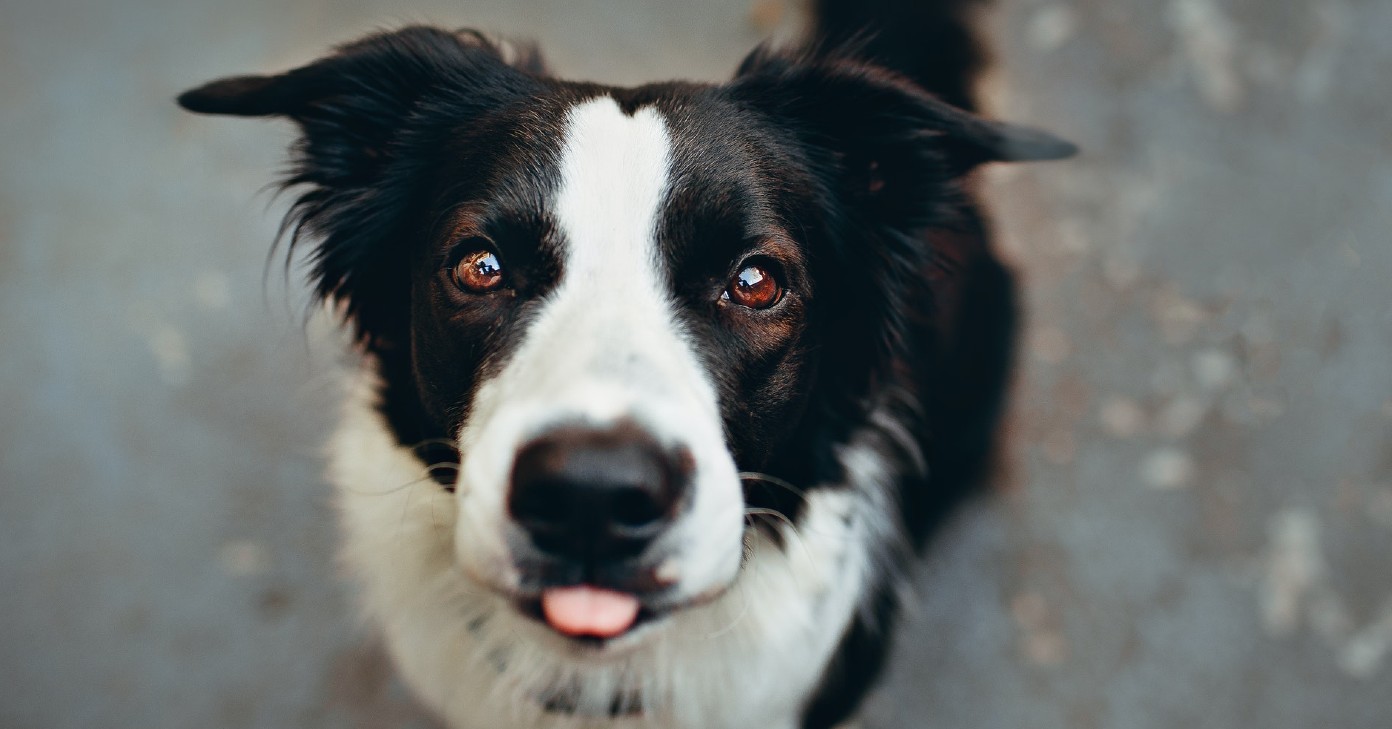Whether it’s seeing a kid need only a few seconds to learn Mary had a Little Lamb on the piano, experiencing getting wiped out by a much better player in a pickup basketball game, or witnessing someone’s encyclopedic memory while they rattle off statistics about geography, humans exhibit natural talents every day.
Now, a study seeking the origin of “natural talent” in dogs has been published in Nature. It found that just as in humans, some particular pooches display more innate talent than others.
This story has a lot to do with border collies, a dog species which the authors of the study note was bred for herding sheep and therefore had to be extra-cognizant of their owners’ calls, instructions, and whistles.
The American Kennel Club reported last year on a border collie named Chaser, who had 1,022 toys and knew the individual names of every one, while Science reported on one named Rico who knew the names of 200 toys and could very quickly retrieve those for which he had no name by using exclusion learning and inference at about the level of a 3-year-old human.
Locating 34 dog owners across the globe using social media, Claudia Fugazza of Eötvös Loránd University wanted to see if they could attach specific names to all the toys they played with, and be able to recognize and respond to those names immediately.
Of those 34 dogs, only one border collie succeeded, a young female named Olivia, who couldn’t entirely complete the trial due to health complications.
“[W]e decided to set up a study in which both puppies and adult naïve dogs are systematically and intensively trained for learning at least two object names over a 3-month period, and we used a strictly controlled testing method to assess the dogs’ learning outcome every month from the start of the training,” wrote Fugazza in her paper.
Every month a scientist would visit the dog’s house and test to see if they could retrieve an object based on the names they’d been practicing. If they succeeded, another name would be added.
MORE: Chinese Monk Dedicates Life to Rescuing 8,000 Dogs – He Finds Them New Homes Around the World
Perhaps the surprising thing is that of the 34 dogs, 19 were border collies, and 18 of them failed to learn a single name.
The hypothesis was that some dogs with certain neurological plasticity owing to either early-life training or breed-activity would have better abilities.
RELATED: Pet Owners Say Taking Care of Their Furry Friend Encourages Taking Better Care of Themselves
However, the dogs learned the names of toys “irrespectively of the age of the subjects and despite intensive training,” the researchers wrote, concluding by saying that “while a few rare individuals can rapidly master multiple object names, we suggest that the capacity to learn object-names in dogs shows analogies with exceptional performance (talent) in humans.”
It seems that it’s just as hard to find out why Mozart was Mozart as it is to find out why Chaser the border collie was Chaser the border collie.
PAW This Fascinating Research Over to Pals on Social Media…




















